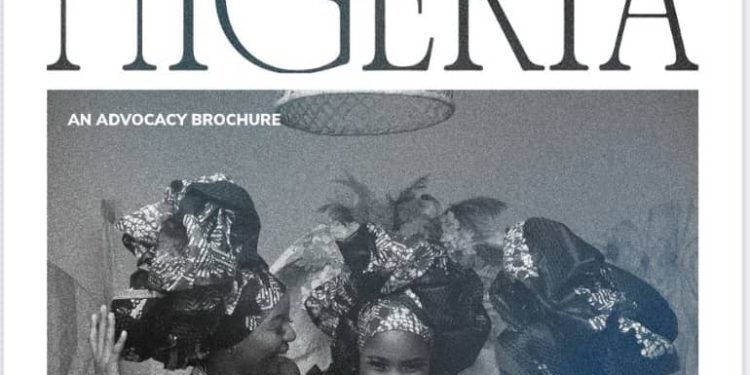Gender inequality remains a pressing issue in Nigeria, influencing access to education, economic opportunities, health services, and personal safety. To provide a clearer picture of these disparities and drive informed advocacy, the Dataphyte Foundation has released the 2025 Gender in Nigeria Report, an updated sequel to its 2020 publication.
The report highlights multiple dimensions of gender inequality, shedding light on key areas where Nigerian women and girls face systemic disadvantages. One of its crucial insights is the state of education and media exposure, emphasizing disparities in access and participation that continue to affect women’s representation in various spheres.
Additionally, the report delves into the prevalence of violence against women, including rape, domestic abuse, and other forms of gender-based violence that persist despite existing legal frameworks.
According to the data provided several significant gender disparities exist in Nigeria. A higher percentage of females (34.3%) lack access to formal education compared to males (22.5%). Only 13.7% of females have more than a secondary school education, while this is 20.5% of males. 77.5% of men are literate compared to 65.7% of women (age 15-49).
Harmful practices such as female genital mutilation (FGM) and child marriage remain significant concerns, with data revealing their continued prevalence across different regions. The report further explores socio-economic inequalities, highlighting gender disparities in employment, financial independence, and representation within security agencies—sectors where women remain underrepresented.
Women are disproportionately affected by rape, with the percentage of females experiencing rape increasing from 29% in 2020 to 65% in 2022 compared to males (5% to 10% in the same period). A significant percentage of both women and men believe wife-beating is justified under certain circumstances, but women are more likely to agree. 48.2% of women believe a husband is justified in beating his wife for any of the 6 reasons provided, compared to 37.3% of men
While overall labour force participation rates are similar for men (77.5%) and women (77.1%), there are differences in the status of employment. A higher percentage of females are self-employed (87.9%) compared to males (79.9%), while a lower percentage of females have wage employment (12.1%) compared to males (20.1%). The unemployment rate is higher for females (6.2%) than for males (4.3%). A higher percentage of female job seekers are discouraged (3.8%) compared to male job seekers (3.4%). A higher percentage of females are classified as NEET (Not in Education, Employment, or Training) (15.9%) compared to males (13.0%).
Beyond economic and social gaps, the study also examines sexual and reproductive health, offering insights into HIV/AIDS knowledge and labour force participation. These findings serve as a crucial resource for policymakers, gender advocates, researchers, and development practitioners who seek to push for more inclusive policies and targeted interventions.
More than just a collection of statistics, the 2025 Gender in Nigeria Report is an advocacy tool designed to empower stakeholders with data that can be used to demand good governance, accountability, and policy reforms. By equipping decision-makers with reliable evidence, the report aims to influence gender-responsive policymaking and improve public health and social equity for women across Nigeria.
As Nigeria continues its journey toward gender equality, reports like this play a pivotal role in ensuring that advocacy efforts are backed by hard data. The question remains: how can policymakers and civil society translate these insights into tangible change? Download the report and join the movement for a more equitable Nigeria. https://bit.ly/GIN-2025

